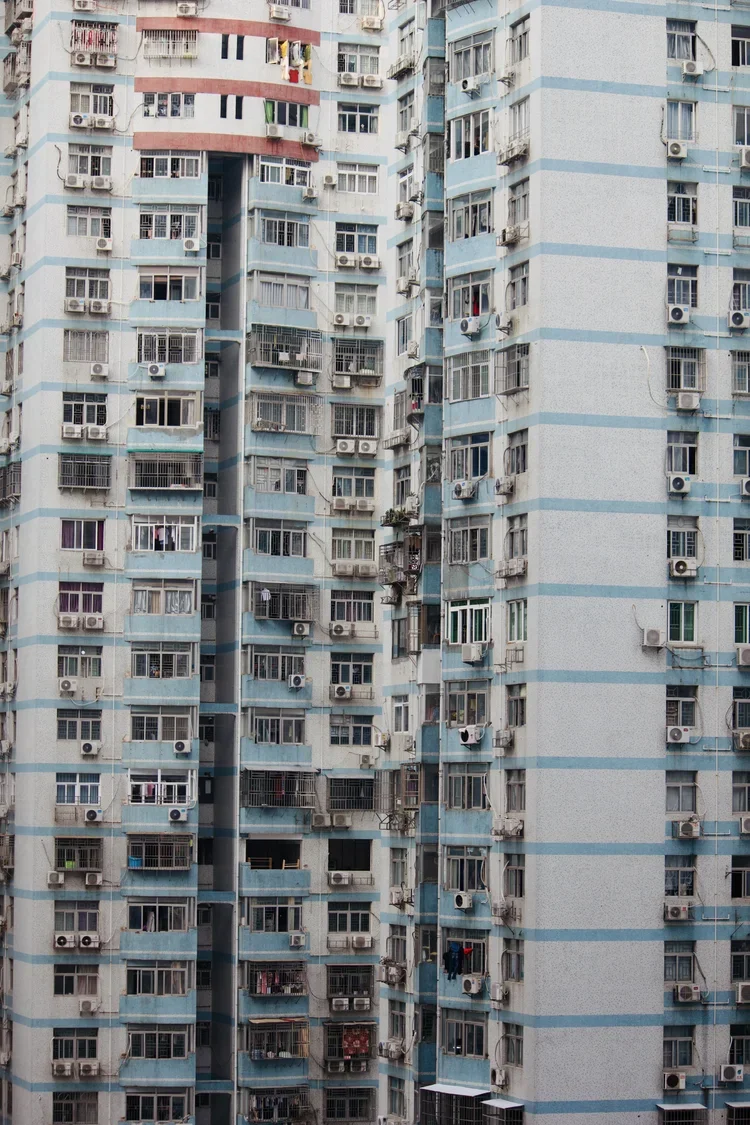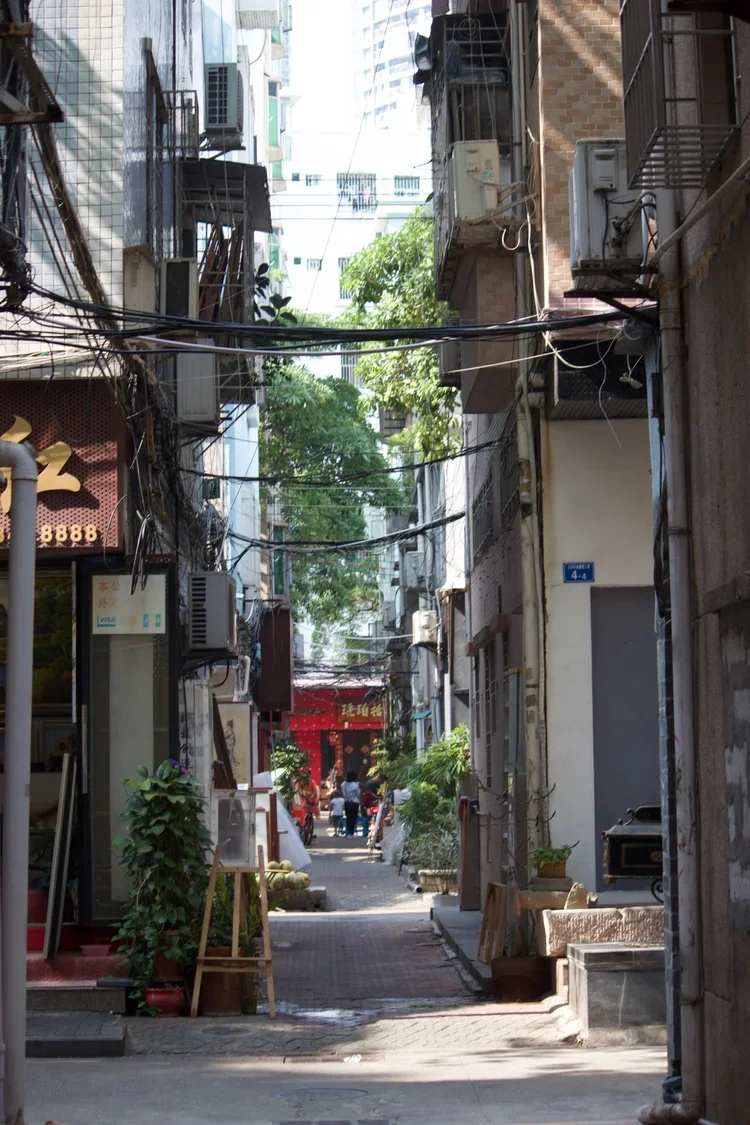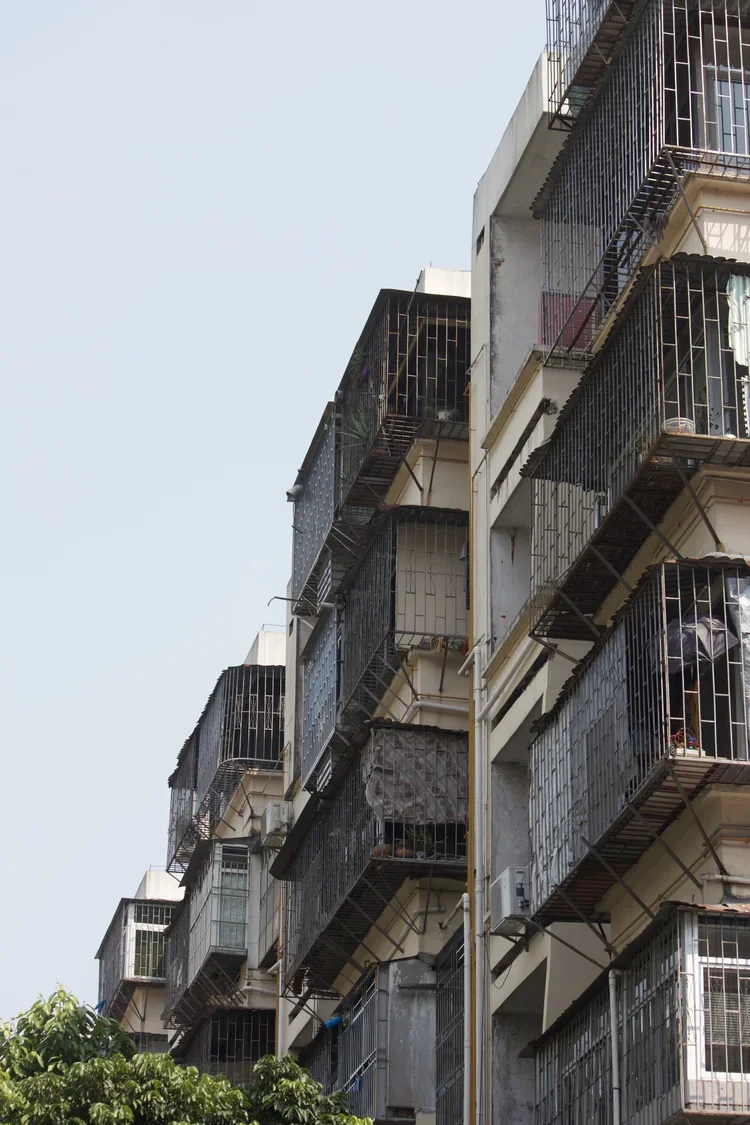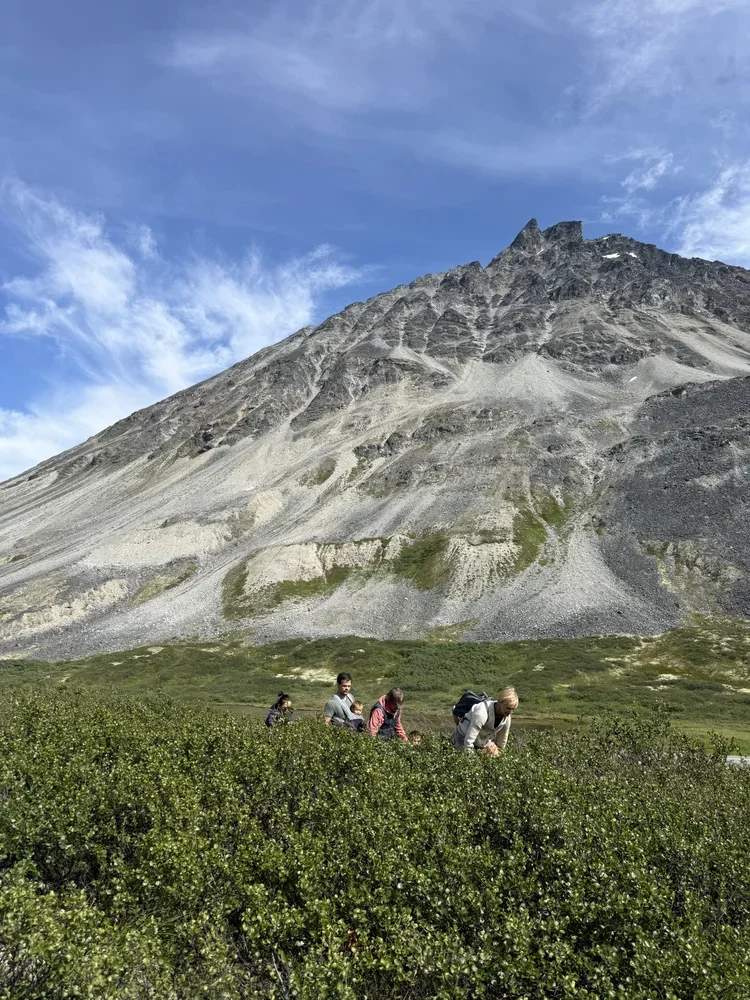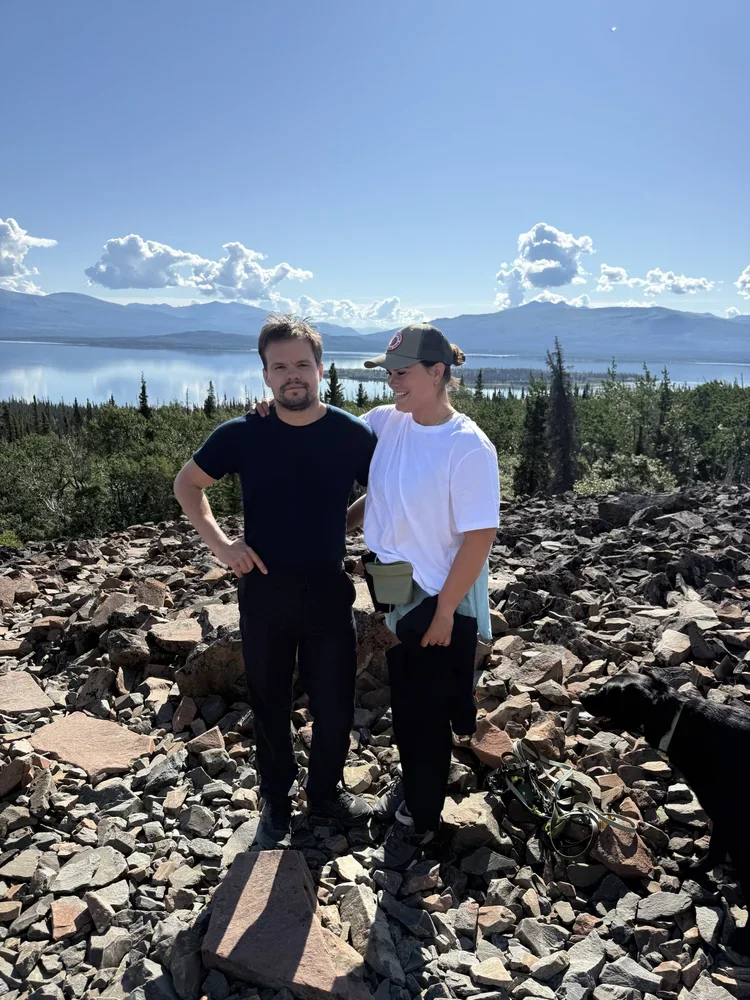Who We Were and Who We Are
My brother has a faint but recognizable Cantonese lilt. When I hear it, I’m surprised, but he’s lived in mainland China for almost nine years, so maybe an accent is to be expected.
Last week, Hamish, his wife, and their three children visited the Yukon with my parents. It was the first time I’d seen Hamish in six years, and he’s changed. To be fair, so have I. I’ve changed a lot.
The last time I saw Hamish was in China. His firstborn, Hannah, was four months old. It was my first time meeting her, my first time meeting his wife, Li, and my first time in China. The visit was overwhelming. In ways both good and difficult. The sensory overload I experienced going from a community of 90 to a crowded city of millions was more significant than I’d anticipated. Beyond that, though, was the overwhelm of meeting a different version of the brother I’d known and missed. When we’d said our goodbyes a few years before, Hamish was a carefree artist. He’d left Canada with his bicycle, his paint, and little more. Before he settled in China, he cycled through Asia. He’d stayed with monks in Myanmar, and at police stations in Taiwan. He’d been carefree and uninhibited.
The version of Hamish that greeted me in China was different. His posture had shifted and there was a quiet seriousness in the way he moved. My brother was a father now and that came with a new gravity. His priorities had altered. His beliefs had changed. His way of life was profoundly different. The trip to China was interesting and significant and a bit of a shock. It offered an immersion into Hamish’s world that felt foreign on a deeply personal level. So much had changed in just a few years, so when I thought back on that trip ahead of his visit to the Yukon, I wondered how much more different we might be.
I don’t think this kind of shift is particularly unusual. Siblings grow up together, sharing many aspects of their life: watching shows, climbing trees, swimming lessons, make-believe games, baking cookies, going on road trips. There’s bickering and antagonism and teasing, and there’s also that undercurrent of familiarity that we take for granted. We know this person. We have the same roots. We share a way of seeing the world, with common values, morals, traditions.
And then we grow up. We get partners who have different values, come from a different city or a different country, have different ways of tackling problems, different eating habits and down-time preferences; we get jobs where we are further influenced, perhaps our world-view shifts; we choose to have children or no children, pets or no pets; we move away; we adopt the habits of another culture; we become adults. Sometimes those changes result in incompatibility, something that may not have been there initially, or perhaps it is simply that the difference was less obvious when meals and bedtime stories and schools were shared.
I think about the Thanksgiving or Christmas dinners in typical movies, where extended families come together and there is a convivial and joyous reunion that gradually settles into a fractured kind of tension involving partners and children and small irritations that have grown into large problems. In the movies tensions are resolved and everyone lives happily ever after, but in real life it’s not quite like that.
My brothers and I are fortunate in that we all get along. We are friends even as we are siblings. But still, our relationships have changed a lot over the years and, of course, they’ll continue to change. It’s the transition from then to now that’s difficult and seems particularly challenging when thousands of miles, a whole culture, and many years between meetings separate us. Do I miss my brother or do I miss the boy who is no longer?
We went to church growing up and while the rest of us have drifted away from religious practise, Hamish has found that faith anchors him. His world is shaped by rituals and convictions and a sense of certainty in right and wrong. It gives him a steadiness. A strong sense of direction. But it’s a kind of steadiness I’ve never known in him. Before he left, he was spontaneous. Restless. He was allergic to structure. These days, there’s a framework to his life and a clarity in his words that feels so unlike the brother I once knew. Sometimes I’m not sure how to bridge the space between that version of him and the one in my life now.
But I am not the same either. Before I moved to the Yukon, I had sharper edges, a stronger sense of what was ‘right’ and what was ‘wrong’. Life here has softened that perception. I feel more comfortable living in the in-between. In a strange way, it feels like we’ve shifted in opposite directions. He’s moved toward clarity, and I’ve drifted toward questions. As his visit approached, I was apprehensive, unsure how those two versions of us would meet.
Turns out, the Yukon helped bridge differences. We swam, we hiked, we shared cozy living space in an off-the-grid cabin. We toasted marshmallows over the fire, ate sloppy salmon burgers and crispy campfire nachos. The environment nurtured a bond between us. His children adored my dogs and the dogs relished the extra attention. There was laughter and there were tears, conversation and argument, disagreement and respect. It was family, messy and beautiful as family often is. Sure, it felt different, but beneath everything, there was a familiarity that I recognized instantly. It was a bit like hearing a song I hadn’t heard it years but still knew by heart.
The truth is, we’ve all changed, of course. Each of my three brothers have grown into parenthood in their own individual ways. My parents are different, too. They’re older. Their firm and intentional parenting strategies of my youth have shifted and softened as they’ve become grandparents. There are many things I love about these changes, and still, I find myself gripping the edges of the past, wishing I could press pause on the people I love, holding them exactly where they are.

